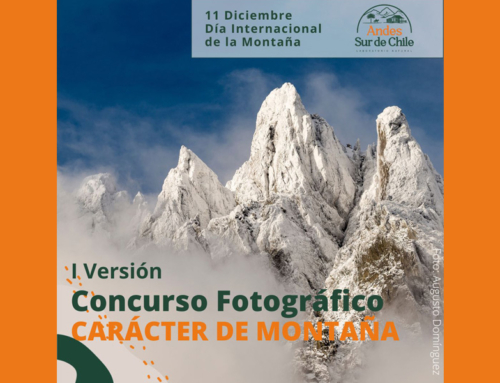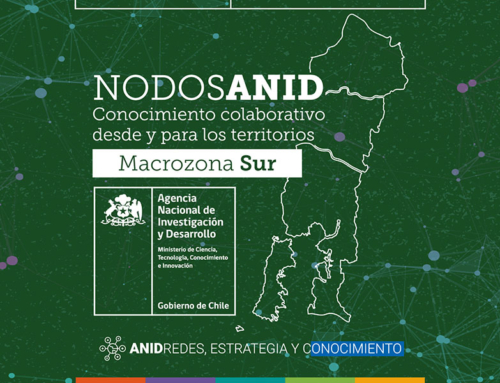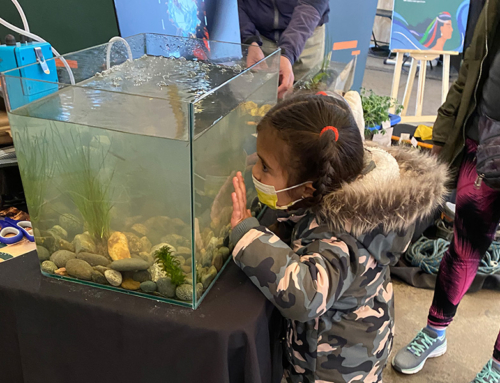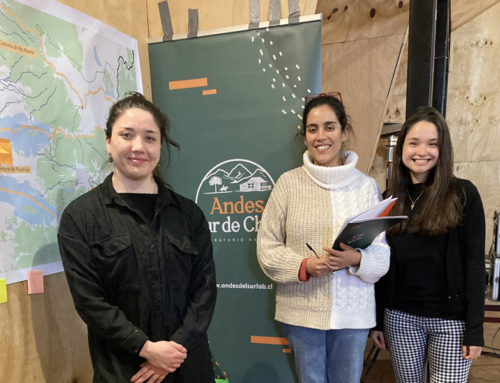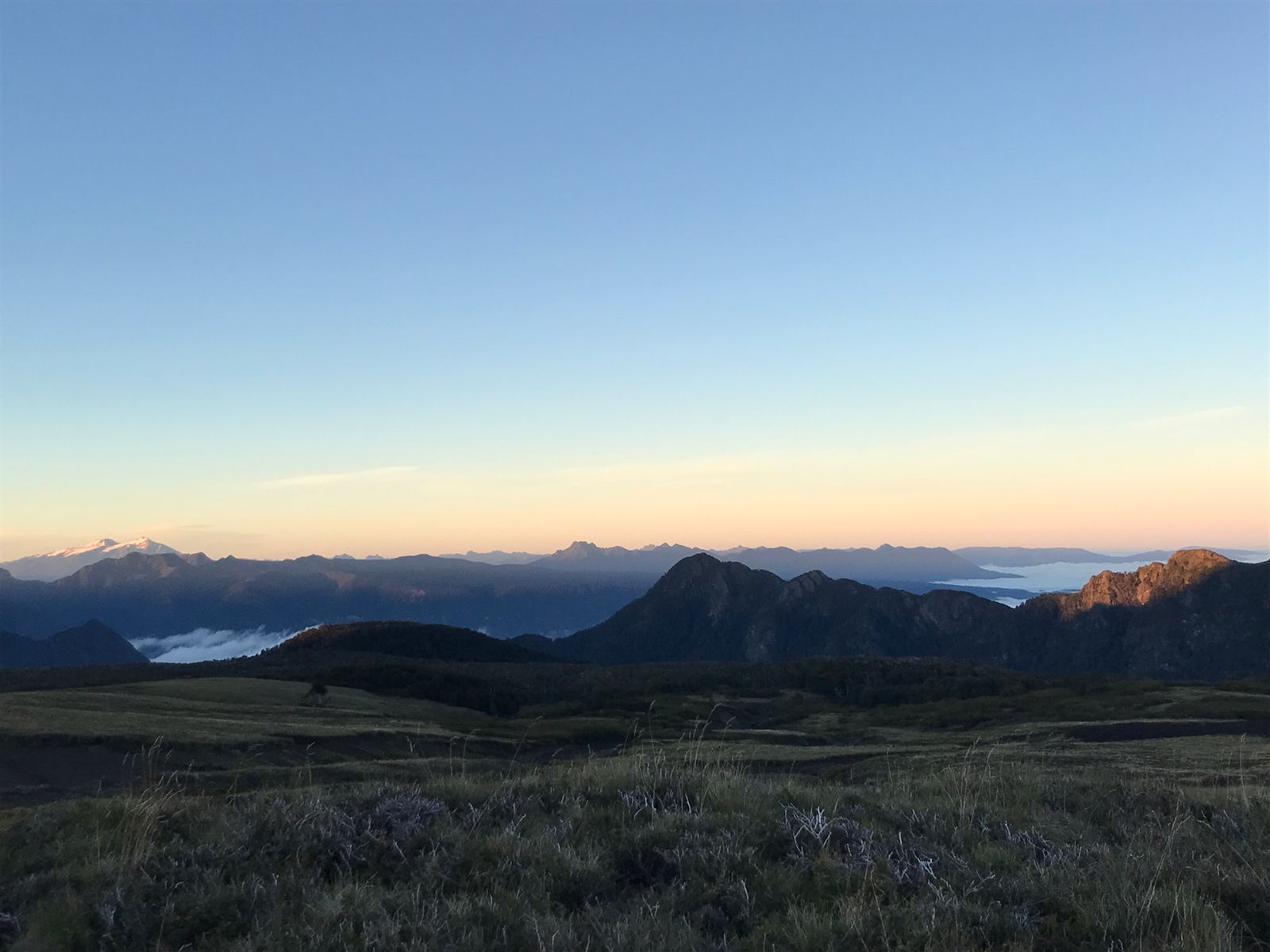 In December 2021, the results of the ANID “Natural Laboratories Node” competition were announced. One of the winning projects was the “Mountains of the Andes of Southern Chile (MAS-Chile)” initiative, led by Dr. Carla Marchant Santiago, academic of the Institute of Environmental and Evolutionary Sciences of the Faculty of Sciences of the Universidad Austral de Chile.
In December 2021, the results of the ANID “Natural Laboratories Node” competition were announced. One of the winning projects was the “Mountains of the Andes of Southern Chile (MAS-Chile)” initiative, led by Dr. Carla Marchant Santiago, academic of the Institute of Environmental and Evolutionary Sciences of the Faculty of Sciences of the Universidad Austral de Chile.
“It is a great joy for the entire team of researchers (a joint team in its conformation) that participated in this proposal. It allows us to consolidate the work we have developed in various working groups and enables us to dream of the development of a permanent research center in these matters that will allow us to position the country at an international level as a center of inter and transdisciplinary scientific development”, commented Carla Marchant after being notified of the project award.
“The objective of the Andes Natural Laboratory of Southern Chile is to strengthen and promote knowledge, frontier research, intercultural valuation and conservation of the mountain territories of southern Chile through a socio-ecological, inter and transdisciplinary approach, which allows the generation of cutting-edge science for the country and the world, and with an impact on local development. This LN is structured around three Thematic Laboratories: i) evolution and geological heritage, ii) global change: forest – soil – water resources interactions, iii) ways of life and mountain habitation”, commented Dr. Marchant.
This natural laboratory corresponds to the Andes mountain range between the regions of La Araucanía and Los Lagos (38°-44°S). “Chile is a mountainous country; according to FAO, 63.8% of the national territory corresponds to mountainous territory; the mountain range that runs 39° N-S latitude plays a key role in the national territorial structure, with great climatic and geomorphological variability, and is key to the country’s development by providing natural goods and ecosystem services that are fundamental for human development.
A Natural Laboratory (NL) is described as a “territory with unique natural characteristics that provide comparative advantages for the development of science and technology of high level and planetary impact” (ANID, 2020). ANID’s call sought to identify and develop natural laboratories in five macro-categories: desert, mountain, skies, Antarctic, oceans, sub-Antarctic.
This initiative is a collaborative work between the UACh as the main institution and has the participation of the PUC Campus Villarrica, Universidad Católica de Temuco, Universidad de la Frontera, Universidad Mayor and Universidad de Los Lagos. A total of 25 researchers will participate. They are joined by Katalapi Foundation, Huilo Huilo Foundation and Plantae Foundation as collaborators and other civil society organizations and public services that will support the development of this proposal.
“Another of the main challenges that LNs must address is to transform the way science is done in Chile today, moving towards participatory models with a transdisciplinary approach and democratization of knowledge, and contributing knowledge for the development of national and regional public policy.”concluded the academic.
Check the article at
UACh Newspaper
